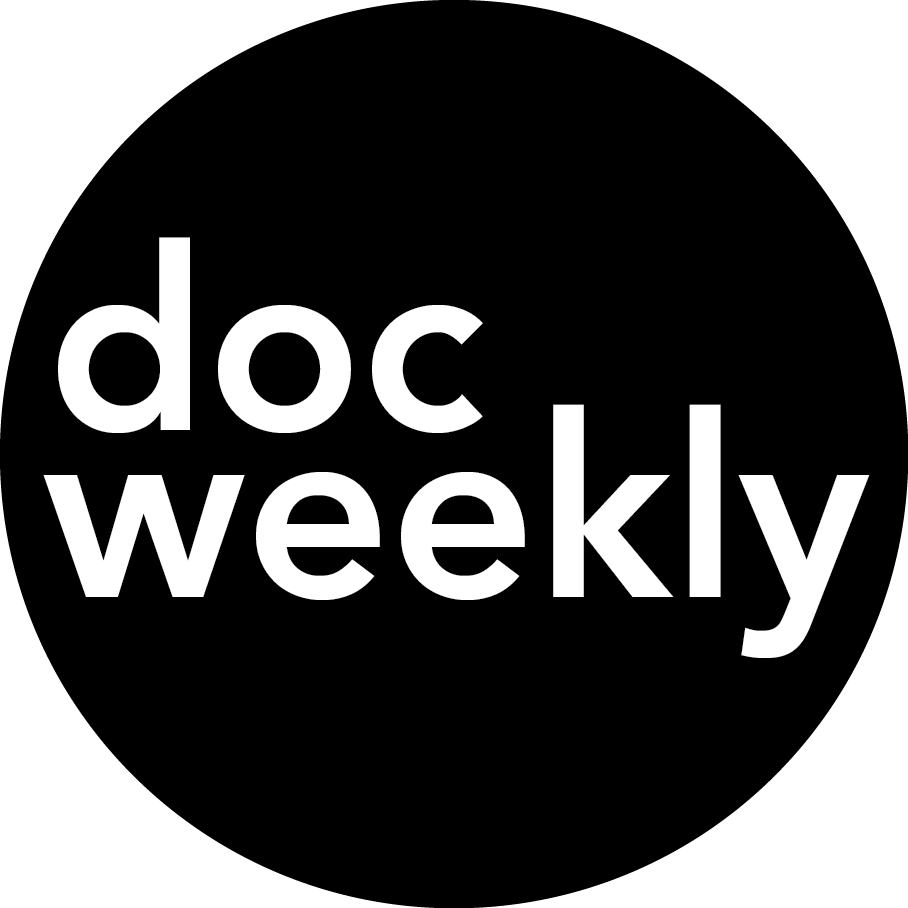Investigative documentary "The Dirty War on the NHS" is a stark warning to British voters
Next week, Britain goes to the polls with two topics dominating the headlines : Brexit and the National Health Service (NHS). One party promises a swift Brexit but is privatising the NHS and the other would protect the NHS but bring further delay to Brexit.
This week marks the timely release in cinemas of “The Dirty War On The NHS“, an investigative documentary from BAFTA-winning director John Pilger that might just swing a few voters.
Since the coalition government of 2010, an unprecedented level of privatisation has been taking place within the NHS. Almost £15bn in NHS contracts has been granted to private firms over the past five years, with the annual figure soaring by 89% since 2015. That’s taxpayers money going to the likes of management consultancy McKinsey & Company or even Babylon Health, who proudly state in the film that they are “100% safe, but not all of the time”.
John Pilger’s film clearly lays out the scale and method of the market’s encroachment on the NHS. It’s increasingly diffciult to trust politicians on the subject, both in government and opposition, but refreshingly, Pilger gives a platform to independent academics, researchers and medical practitioners who are able to cut through the noise and share their expert observations.
The result is a damning report of decline and, as Pilger takes us back through the NHS’ history, one that began with Margaret Thatcher’s government and has since been compounded by the Blair government and David Cameron’s coalition.
But is privatisation such a bad idea ? The short answer is yes… From the shocking story of Trevor Moncrieff, the 66 year-old who died after a private ambulance service responded to his heart-attack call with a faulty second-hand defibrilator and fatally drove him to the wrong hosptial, to the experimental privatisation of Hinchingbrooke Hospital in 2012 which resulted in the establishment’s worst ever quality assessment and was returned to the NHS just three years later.
A short segment shot in the US will be enough to convince any viewers who remain unmoved. Lifesaving medication that costs the patient several hundred dollars a month, hospitals dumping unwanted patients at soup kitchens days after surgery and the poor relying on charity workers to find out if they have cancer.
The film does have its shortcomings. Its structure is sometimes hard to follow, and at times lacks a binding narrative. This could be due to a rushed editing process, perhaps for the film to be released in time for the upcoming surprise election.
Nevertheless, this is an important film that had to be made to inform the public on a worrying policy trend that may well outlive the Brexit saga.
The film is being shown in cinemas across the UK, we highly recommend that our British readers see the film and of course, don’t forget to register to vote !







